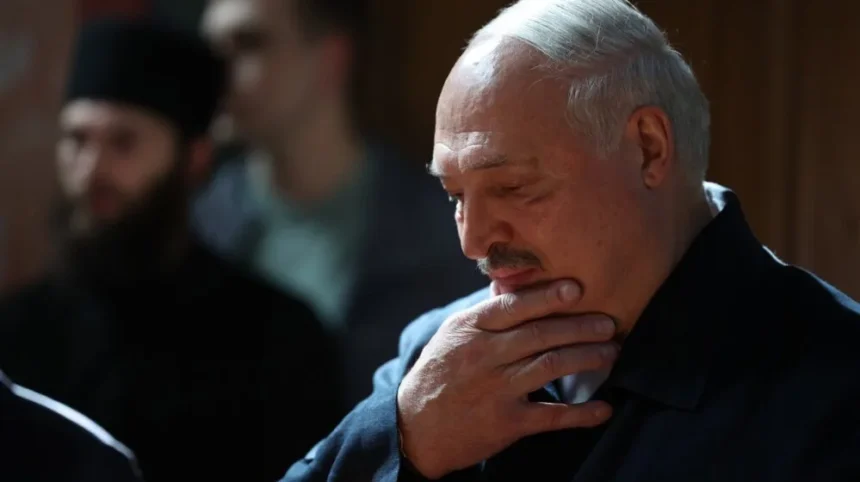January 25, 2025 – Belarus is poised to declare Alexander Lukashenko the winner of its presidential election for the seventh time, despite widespread international condemnation and allegations of election rigging. The election, scheduled for January 26, is marked by the absence of genuine opposition, independent media, and international observers.
A Preordained Outcome
According to the Belarusian electoral commission, 2.5 million voters (approximately 35% of the electorate) signed petitions endorsing Lukašenko during the campaign. However, the process appears to be a mere formality, with voters expected to affirm their loyalty to the regime rather than choose between candidates.
In stark contrast to previous elections, no credible opposition candidates remain in Belarus. Figures like Svetlana Tikhanovskaya, who claimed 53% of the vote in the 2020 election according to independent observers, are either imprisoned or in exile. Tikhanovskaya’s official result in 2020 was 10%, compared to Lukašenko’s 80%, sparking mass protests and allegations of fraud.
This time, even the facade of competition has disappeared. Pseudo-opposition candidate Anna Kanopatskaya and three pro-regime contenders provide a veneer of choice, though none pose any real challenge to Lukašenko.
Escalating Repression
The political landscape has only deteriorated since the 2020 election. Independent media outlets have been banned, opposition parties disbanded, and election oversight by international organizations has been effectively blocked. At polling stations, police presence is heavy, and open voting booths allow authorities to monitor choices.
The opposition in exile has called for a boycott, labeling the event an “election without choice.”
Lukašenko’s Declining Health and Grip on Power
Observers have noted Lukašenko’s visibly declining health, raising questions about the future of his regime. Frequently seen leaning on support and repeating himself in public, Lukašenko has acknowledged speculation about his death but dismissed it as wishful thinking from his opponents.
Despite releasing 250 political prisoners in recent months, the regime continues to detain and persecute dissidents. Human rights groups estimate 1,254 political prisoners remain behind bars, many held in isolation without access to lawyers or family.
A Nation in Isolation
The political repression has driven hundreds of thousands of Belarusians into exile. Since 2023, these expatriates have lost access to consular services, including passport renewals, further severing ties with their homeland.
Domestically, public sentiment reflects resignation rather than hope. According to a recent Chatham House survey, only 36% of Belarusians intend to vote, compared to 75% in 2020. Most expect no change but hope for a reprieve from repression. However, analysts like Valery Karbalevich warn that Belarus is transitioning from authoritarianism to totalitarianism, making such hopes increasingly unrealistic.







